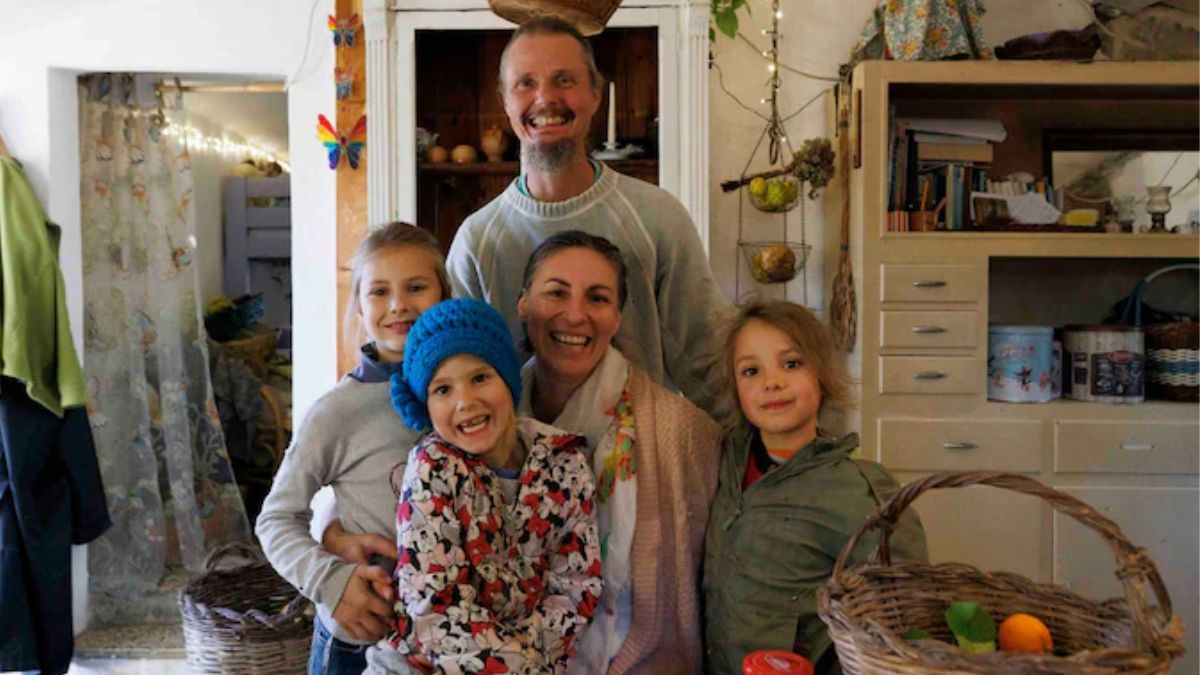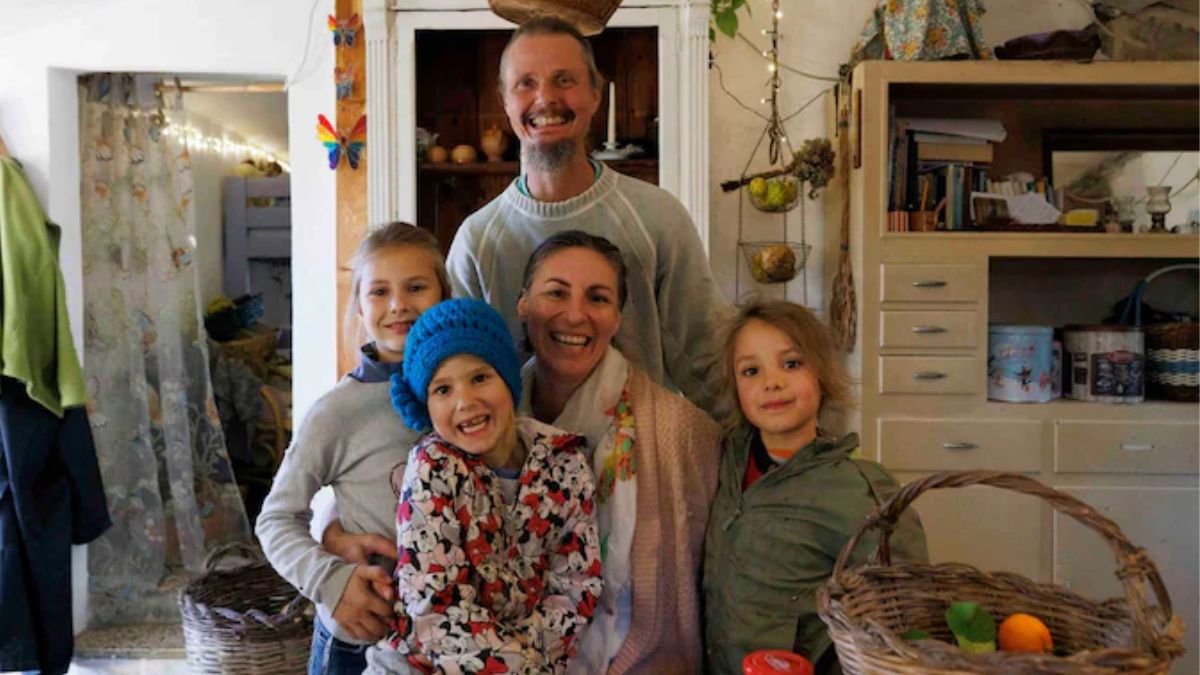He was visiting Canada to see his newborn grandchild. However, Jagjit Singh, a 51-year-old Indian man, will be deported and has been banned from ever entering the country. He has been convicted of criminally harassing two teenage girls outside their school.
Singh arrived in the country in July on a six-month temporary visa. He had earlier received a short jail term after a judge found his behaviour around the local high school in Ontario’s Sarnia unacceptable, according to a report in the Canadian media.
Here’s what we know about the case.
The teenage harassment case against Jagjit Singh
According to the police, Jagjit Singh frequently visited the smoking area of Sarnia High School between September 8 and September 11.
The Toronto Sun reported that Singh, who cannot speak English, attempted to engage with the school girls and approached them for photographs.
A girl initially refused a photo but later gave in, hoping that Singh would leave. However, the man was persistent. He sat between two girls and gestured to take another picture. He reportedly put his arm around one, who felt uncomfortable, stood up and pushed his hands away.
Singh was arrested on September 16 and charged with sexual interference and sexual assault. He was granted bail days later. However, he was arrested again after a new complaint surfaced on the same day.
He once again received bail, but had to spend one more night in custody as no interpreter was available at the time, Toronto Sun reports.
On September 15th 2025, the Sarnia Police Service received complaints regarding a male who had begun showing up in the vicinity of a north-end high school (not on the property). This male had been approaching female teens, initiating unsolicited and inappropriate conversations… pic.twitter.com/k9S7d6MC8y
— Sarnia Police (@SarniaPolice) September 19, 2025
Quick Reads
View AllHow the case unfolded in the courtroom
In the Sarnia courtroom, Singh pleaded not guilty to sexual interference but guilty to the lesser included offence of criminal harassment.
While pronouncing the order, Justice Krista Lynn Leszczynski said, “You had no business attending at the property of (that) high school… This type of conduct will not be tolerated.”
Singh’s lawyer, Terry Brandon, told the judge, “The treatment he received and the experience he had in jail himself was a shocking experience and long-lasting.”
The judge, Leszczynski, ordered Singh’s deportation and a ban on reentry to Canada.
Singh has received a three-year probation, which prohibits him from talking to either girl or being where they live, work or attend school. He is also not allowed to interact with anyone under the age of 16, except for his newborn grandchild, and must not be within 100 metres of any pool, school, playground, park or community centre.
Singh has a return ticket on December 30. However, he might have considered leaving the country before, due to legal complications, according to the Toronto Sun report.
What the teens have to say
The prosecutor read the statements of both girls. Impacted by Singh’s actions, one girl said, “Part of what makes this so difficult is that the offender was someone who had come to Canada as a newcomer.”
“This betrayal has affected the way I see people of his culture and men who are older than me,” she added.
Another girl shared, “Her mental health and lifestyle have been affected. She also hates being in public areas and doesn’t feel safe."
“I don’t even want to know what he was thinking or what he was doing with those pictures,” she said.
Indian nationals ‘removed’ from Canada
According to a Hindustan Times report, the number of Indian nationals being forcibly removed from Canada is set to hit a record high, surpassing the previous high in 2024, and an upward trend has been observed since 2019.
The data from the Canadian Border Services Agency (CBSA) reveal that as of July 28 this year, the number of Indian nationals removed had already reached 1,891.
Last year, 1,997 Indians were removed by Canadian authorities, trailing only 3,683 Mexicans and much more than the third largest cohort, 981 Colombians.
With Inputs from agencies


)

)
)
)
)
)
)
)
)



